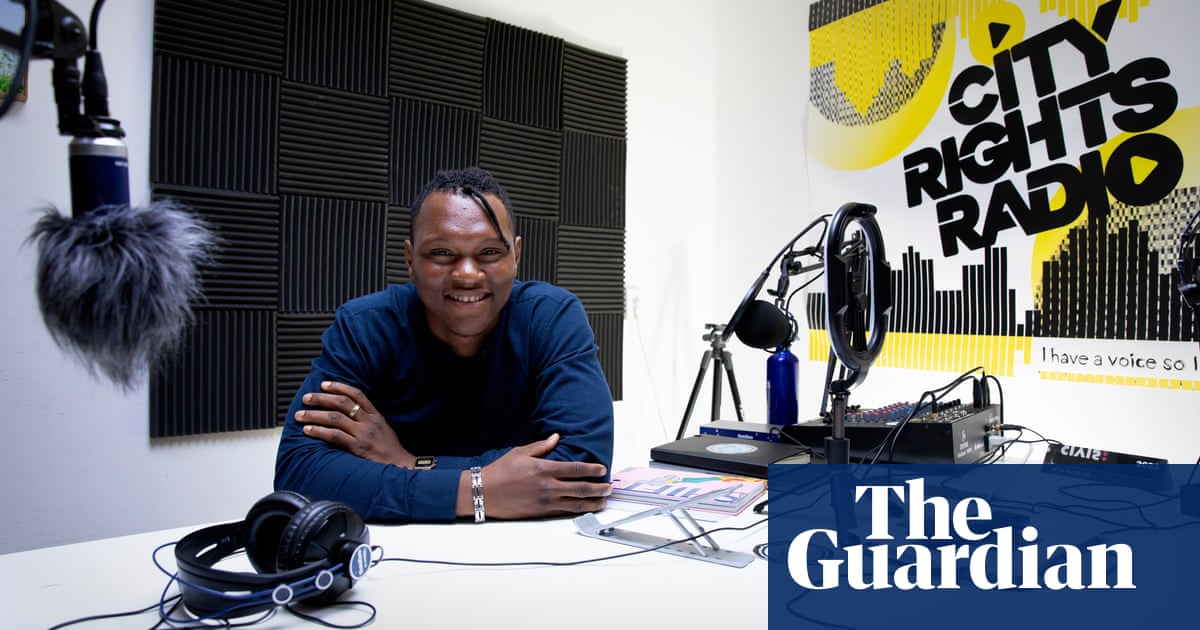
BANGALORE, India: Last month, 80 Muslim Indian women – activists, journalists, and researchers vocal on Twitter – found their profile pictures and identities doxxed on GitHub, an open-source app. In the hate crime, meant to defame and intimidate the minority group, the targeted women were “auctioned” as the “Sulli Deal of the Day.”
Sulli is a derogatory term used by right-wing Hindutva (Hindu nationalist) groups for Muslim women.
GitHub has since suspended the account, called Sulli Deals, but the event garnered national and international press coverage. One of the first places where victims came together was on Muslim Spaces, a discussion forum hosted on Twitter Spaces.
Twitter Spaces is an audio feature that allows real-time discussions. Twitter users with a following of more than 600 people can host a Space, and anyone following them can join by clicking on a purple bubble that will appear at the top of their home feed. Participants can co-host the Space, request the mic to share their view or simply listen to the discussion.
Founded by five pro-community people (who requested anonymity), Muslim Spaces offers India’s Muslims a platform to discuss topical issues. Since its inception in May, Muslim Spaces has hosted a range of discussions – from Bollywood’s role in spreading an anti-Muslim narrative and rising hate crimes against Muslims in India to Q&A sessions on specialized topics with Islamic scholars.
The team hosts a Space every day from 10:30 p.m. onward, with discussions sometimes going on for six hours.
Muslims make up 15 percent of India’s population, the largest minority group in the nation. Since coming to power in 2014, the Bharatiya Janata Party (BJP) has been pushing a Hindutva agenda in what analysts believe has led to a heighted anti-Muslim sentiment.
Aasif Mujtaba, a research scholar at the Indian Institute of Technology, Delhi said that last year’s nationwide protests against the Citizenship Amendment Act were indicative of the lack of Muslim voices. He and several activists noticed that their concerns about the marginalization of Muslims were drowned out by media houses who claimed the movement as “anti-national.”
Mujtaba said: “Since these platforms are owned and managed by the majority, we didn’t have a space to counter arguments against us.”
Muslim Spaces provides a platform that lets the minority group express its thoughts on issues that affect the community and the social cohesion of the country.
“While political leaders and media personalities (on Twitter) have a large audience and traction, the common Muslim doesn’t have a platform to express their views,” the Muslim Spaces team said. “We noticed that smaller Twitter handles had interesting perspectives on pressing issues, but their voices were simply lost.”
With Spaces available on both iOS and Android, people from different segments of society and backgrounds can access the platform.
“We have succeeded in the first aim of starting a conversation. Now, as a way forward, we have to see, ‘Will this conversation result in any positive action?’” the Muslim Spaces team said.
As details of the Sulli Deals incident unfolded, agitated Muslim women spoke of their harrowing experiences on Muslim Spaces. Nearly 300 people – including victims, lawyers, and cybersecurity experts – joined the Space entitled “Objectification of Muslim Women.”
The discussion prompted action.
Jeevika Shiv, a social worker and lawyer who works on the intersection of gender, law and governance in marginalized communities said that as women shared their experiences, details of how many women were targeted emerged. “The Space certainly served as a catalyst for people to convene, collectively speak about it, and then take it offline.”
Shiv and others connected the targeted women with criminal lawyers and advised on legal recourse and coping mechanisms. “Any action that resulted from the discussion was because of the women who decided to speak up –the 10 women who were vocal and took action made a difference to the 70 others,” she said.
Since then, separate First Incident Reports (FIRs) have been registered in several states and groups have pressurized law enforcement agencies, including a Member of Parliament urging the IT Minister to take strict action.
While no arrests have been made so far, Shiv believes that talking about the issue and amplifying it puts pressure on the media and feminist groups to take action.
Shiv is inspired by Muslim Spaces as they move from traditional silos and “pass the mic to Muslim women.”
Like Shiv, Alishan Jafri, a journalist who documents anti-Muslim crimes, believes that amplifying and sharing videos of inflammatory speeches made by right-wing groups prompts some action.
Earlier this week, a group that included members of the BJP held a protest rally close to the Parliament in the capital, and videos from the event disclosed that members were chanting anti-Muslim slogans. Jafri was one of the few journalists who shared video footage from the rally on his Twitter timeline, calling for law enforcement to take action and condemn such hate speech.
The videos sparked social media outrage, with several human rights and civil society organizations urging action. A day later, six people were arrested; a Supreme Court lawyer and former BJP spokesperson have since been released on bail.
In the Muslim Spaces discussion entitled “Anti-Muslim Rallies, a new normal in India?” Jafri said that as a result of social media outrage, the mainstream media has had little choice but to cover the incident.
“Muslim Spaces serves as a larger collation for consensus among India’s Muslims to take a stance on human rights issues,” he said.











